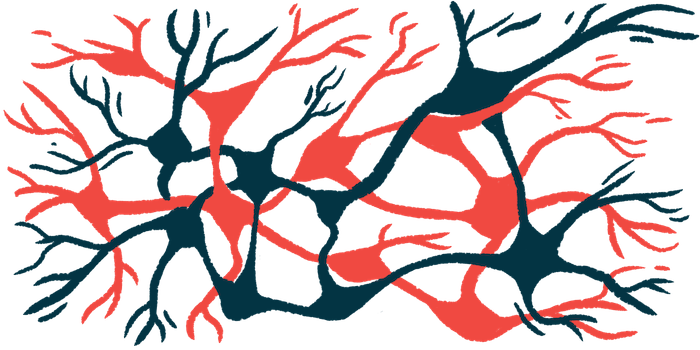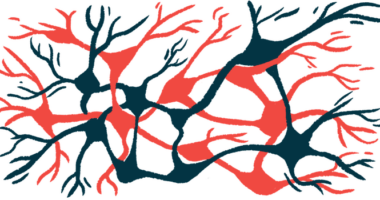Mount Sinai Wins $2M Parkinson’s Foundation Award for Neuron Study
The researchers will study the process that affects the selective loss of dopaminergic neurons

A research team at the Icahn School of Medicine at Mount Sinai, New York has won the 2022 Parkinson’s Foundation Research Center Award, valued at $2 million, to study the process that results in the selective loss of dopaminergic neurons in Parkinson’s disease.
The team, led by Zhenyu Yue, PhD, and the Alex and Shirley Aidekman Family Neurological Research Professor at Icahn Mount Sinai, has set out to perform a detailed genetic profile of different cell types in the substantia nigra, a brain region associated with Parkinson’s disease.
The goal is to reveal the molecular mechanisms tied to neuronal vulnerability and resilience and identify strategies that protect neurons, which could lead to developing effective treatments.
The major pathological hallmark of Parkinson’s disease is the loss of dopaminergic neurons in the substantia nigra, which plays a critical role in controlling motor function. Dopamine is a chemical molecule, or neurotransmitter, that allows nerve cells to communicate. It’s not clear what accounts for the selective loss of neurons in this region, however.
“Through the identification of key genetic and network factors in this particular part of the brain, Dr. Yue and his team can then develop strategies to either overcome the vulnerability to or promote the resilience of dopaminergic neurons, setting the stage for the development of effective treatments for [Parkinson’s disease],” Barbara Vickrey, MD, master in public health, and the Henry P. and Georgette Goldschmidt professor of neurology at Icahn Mount Sinai and chair of neurology for the Mount Sinai Health System, said in a press release.
A previous partnership between Yue’s team and the group led by Bin Zhang, PhD, Willard T.C. Johnson research professor of neurogenetics at Icahn Mount Sinai, developed a detailed atlas of genetic activity, marking changes in specific cell-types. For that, they analyzed more than 300,000 cells from the substantia nigra of post-mortem tissue of Parkinson’s patients and healthy controls.
In that study, different types of dopaminergic neurons were identified in aged human brains with their numbers significantly reduced in Parkinson’s patients. Some neurons seemed to be more resilient and remained several years after the onset of Parkinson’s motor symptoms, however.
The researchers will now investigate the functions of different types of dopaminergic neurons and why some are more vulnerable to damage than others.
“Through the generous support of the Parkinson’s Foundation Research Center Award, our team will now investigate the physiological functions of the distinctive types of [dopaminergic] neurons and characterize the underlying molecular mechanisms of vulnerability and resilience by using three different biological systems: human postmortem tissue, genetic mouse models, and induced human brain cell cultures,” Yue said. “We have assembled a team of investigators whose expertise is diverse … with the common goal of advancing our knowledge of, and treatment potential for, Parkinson’s disease.”
The work will be performed in collaboration with the newly established Parkinson’s Foundation Research Center at Mount Sinai.
“We are profoundly grateful to the Parkinson’s Foundation for the investment [in] our team and for their continued commitment to helping people with Parkinson’s disease live better lives by improving care and advancing research towards a cure,” said Eric J. Nestler, MD, PhD, Nash family professor of neuroscience, director of The Friedman Brain Institute, and dean for academic affairs at Icahn Mount Sinai, and chief scientific officer of the Mount Sinai Health System.







